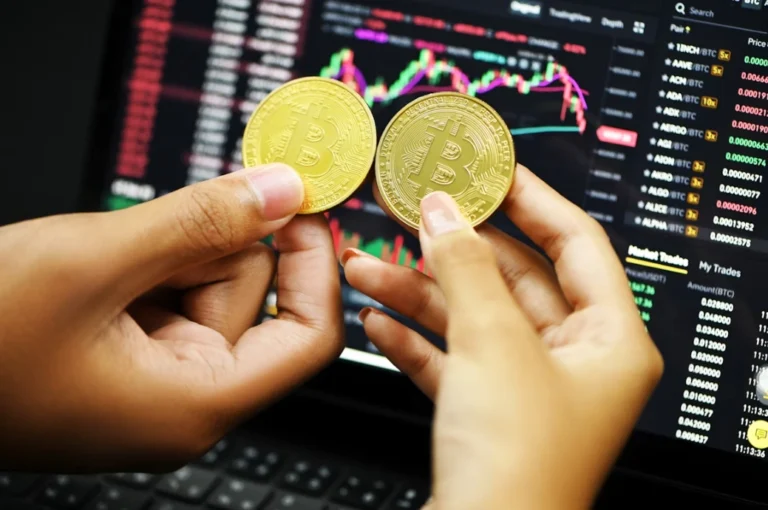If you’ve been trading crypto for a while, you’ve probably heard the term market maker thrown around. But what does a crypto exchange market maker actually do, and why are they so important to the crypto ecosystem? In this article, I’ll break it down in plain language, share real-world examples, and explain why understanding crypto exchange market-making could level up your trading game.
What is market-making in crypto?
At its core, market-making in crypto is continuously placing buy and sell orders on a cryptocurrency exchange. This ensures that there’s always liquidity available, which means you can buy or sell an asset without huge price slippage.
A crypto market maker is profiting from the bid-ask spread—the difference between the price they’re willing to buy (bid) and the price they’re willing to sell (ask). They do not try to predict where the market will go but instead focus on maintaining a balanced position while providing depth to the order book.
Why is market-making essential?
Without market makers in crypto, many trading pairs would be illiquid, meaning large orders could drastically increase prices. I’ve personally seen what happens when liquidity dries up: massive spreads, order delays, and frustrating slippage. In short, crypto exchange market makers are the silent heroes of seamless trading.
Benefits of crypto market making:
- Liquidity: Tight spreads and constant order flow
- Price stability: Helps reduce volatility
- Better user experience: Easier for regular traders to execute trades at expected prices
Who can be a crypto market maker?
A market maker in cryptocurrency can be:
- A dedicated market-making firm with custom-built infrastructure
- An institutional investor using sophisticated algorithms
- Or even a professional individual trader with the right tools
Some platforms offer a market maker trading platform—complete with APIs, fee rebates, and co-location services—to incentivize this activity.
How does a market maker in crypto operate?
Here’s how the process usually works:
| Step | Description |
| 1. Strategy Design | Set rules for quoting prices and managing inventory |
| 2. API Integration | Use the exchange’s API to place orders automatically |
| 3. Quote Orders | Constantly place bid and ask orders at various price levels |
| 4. Inventory Management | Balance buys and sells to avoid risky exposure |
| 5. Spread Capture | Earn profit from the bid-ask spread |
For example, on a BTC/USDT pair, a crypto exchange market maker might quote a buy at $67,980 and a sell at $68,020. If both orders are filled, they pocket the $40 spread (minus fees and volatility risk).
Choosing the right market maker trading platform
If you’re an exchange or a project looking for liquidity, choosing the proper market maker for crypto is key. Here are a few things I always consider:
- Latency and execution speed
- Reputation and transparency
- Support for API customization
- Volume commitments and incentives
- Risk management tools
Some platforms even run market-making programs that reward high-frequency liquidity providers with rebates or token incentives. These can be a game-changer if you’re looking to reduce trading costs.
Personal take: Is it worth it?
From my own experience, market-making in crypto is both challenging and rewarding. It’s not passive income—you need to monitor volatility, adjust spreads, and manage inventory constantly. But the reward is clear: you provide value to the ecosystem and profit from volume, not direction.
If you’re an active trader with decent tech skills, it might be worth testing out a market maker trading platform on a smaller pair with lower competition. Just be ready for a learning curve—this is not plug-and-play.
Final thoughts
Understanding how market makers in crypto operate gives you an edge, whether you’re trading casually or building your own strategy. They are the invisible hands that keep markets flowing.
Whether you’re thinking about becoming a crypto market maker, partnering with one, or just wanting to avoid slippage on your next trade, this topic is worth exploring. Because in the world of crypto, liquidity is king.


